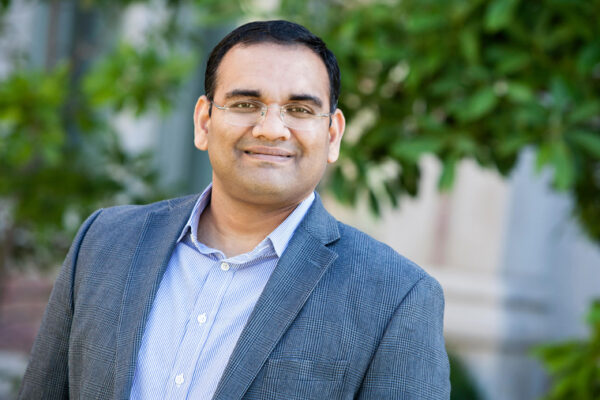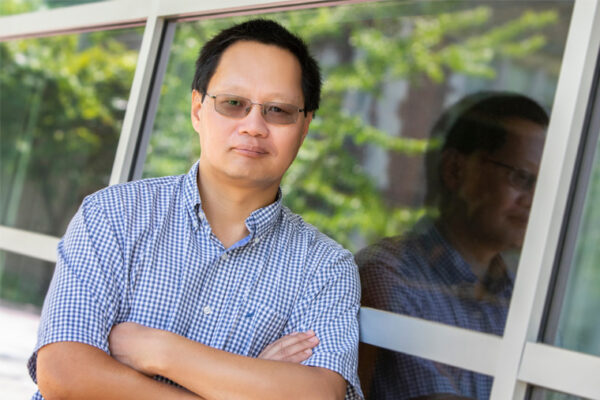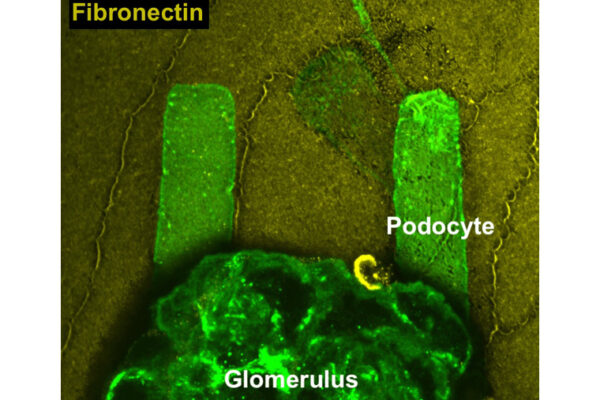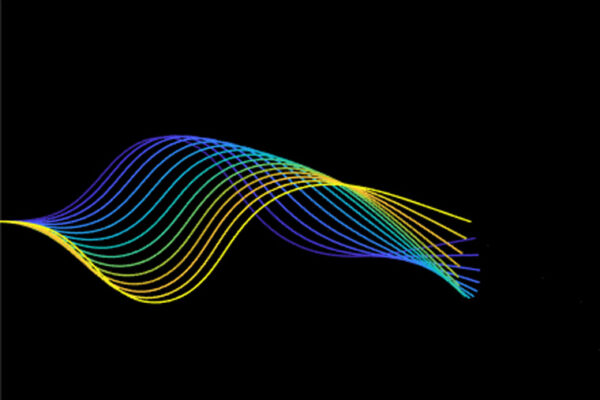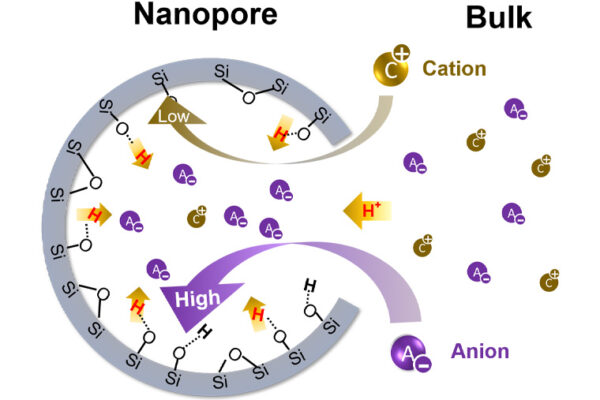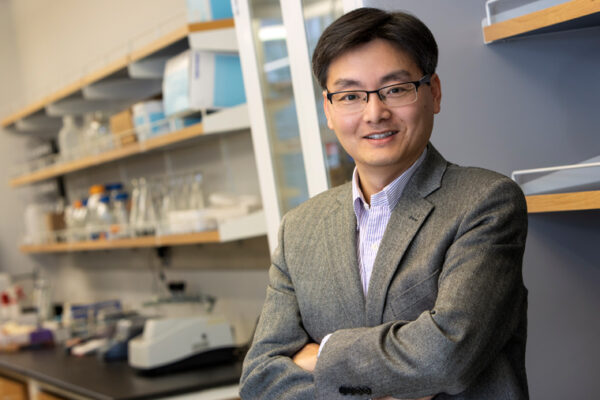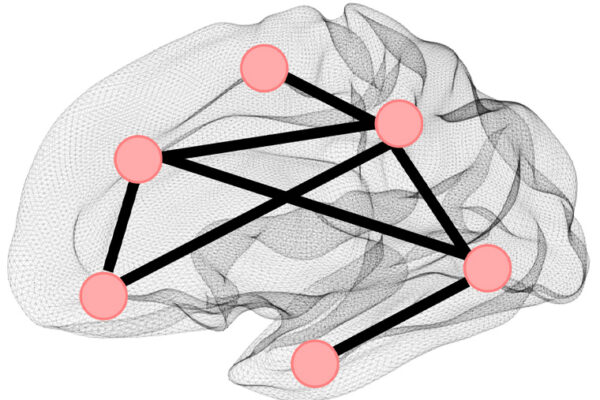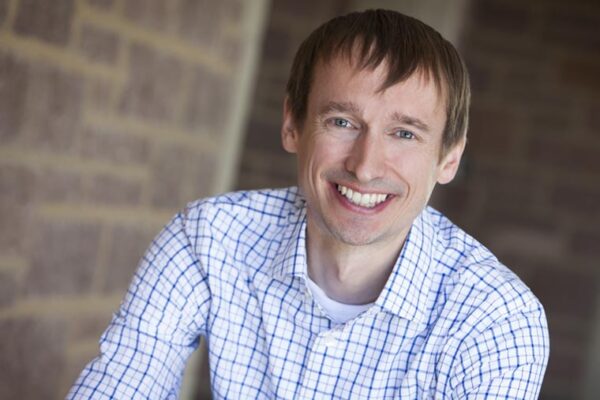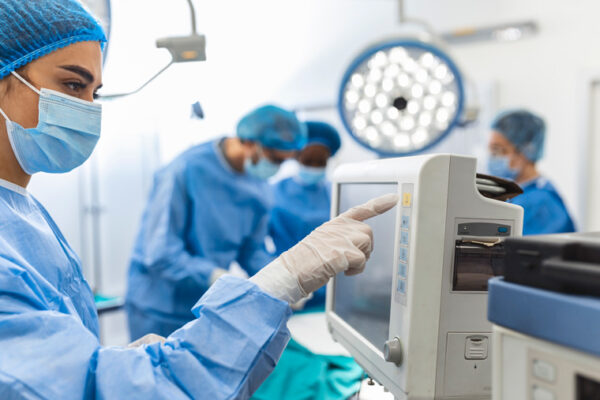Ramani named fellow of Electrochemical Society
Vijay Ramani at the McKelvey School of Engineering is one of 15 new fellows of the Electrochemical Society, recognized for his contributions to the field.
Water-based gel to be tested as dressing for diabetic wounds
Jianjun Guan at the McKelvey School of Engineering was awarded a four-year $1.8 million grant from the National Institutes of Health (NIH) to develop a new dressing for chronic wounds in people with diabetes.
New technology offers pathways to finding treatments for kidney disease
Research from the McKelvey School of Engineering and School of Medicine aims to overcome a critical barrier in kidney disease research with a new way to culture specific kidney cells.
Push, pull or swirl: the many movements of cilia
Louis Woodhams and Phil Bayly’s team at the McKelvey School of Engineering built a model to better understand how certain cilia — tiny, hairlike structures throughout our body — beat.
Understanding outsize role of nanopores
Researchers from the McKelvey School of Engineering discover the conditions inside tiny pores can have big consequences for chemistry.
He receives NSF grant for new wastewater tech
A National Science Foundation grant will support the research of Zhen “Jason” He at the McKelvey School of Engineering as he works to develop a more economically viable, sustainable waste conversion technology for wastewater.
WashU Bridge Team places second in Collegiate Bridge Bowl
The Washington University Bridge Team recently placed second in the 2022 Collegiate Bridge Bowl, the national tournament for collegiate bridge, at the North American Bridge Championships in Rhode Island.
Modeling personalized medicine for neurocritical illness
ShiNung Ching and collaborators are working with a $1 million NIH grant to predict and prevent some injuries related to neurological illnesses.
Sound may be key to separating molecules, cells
A $1.5 million NIH grant will support J. Mark Meecham’s development of microfluidic technology to separate cells and molecules from other microscopic particles, such as in blood.
Lu studies potential benefits of AI in health care
Chenyang Lu at the McKelvey School of Engineering is evaluating the potential use of artificial intelligence to benefit patients’ health — and doctors’ well-being.
View More Stories
